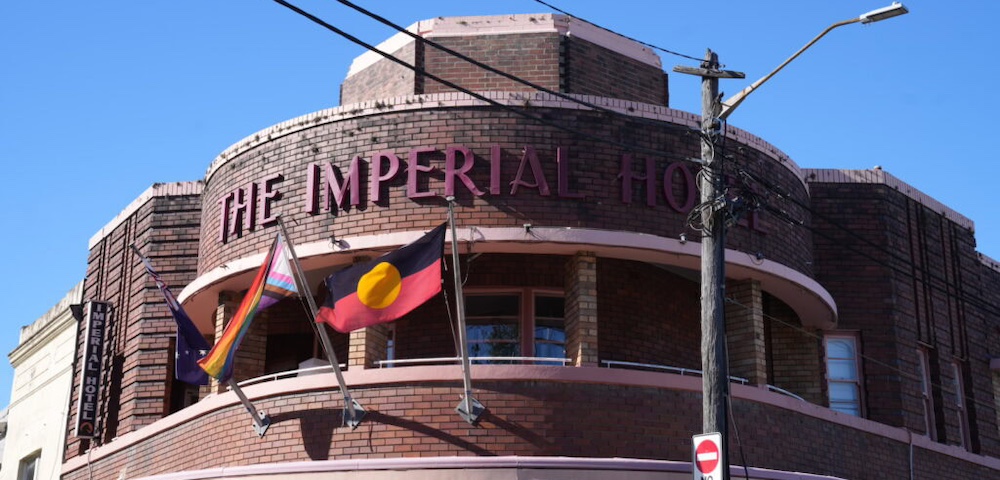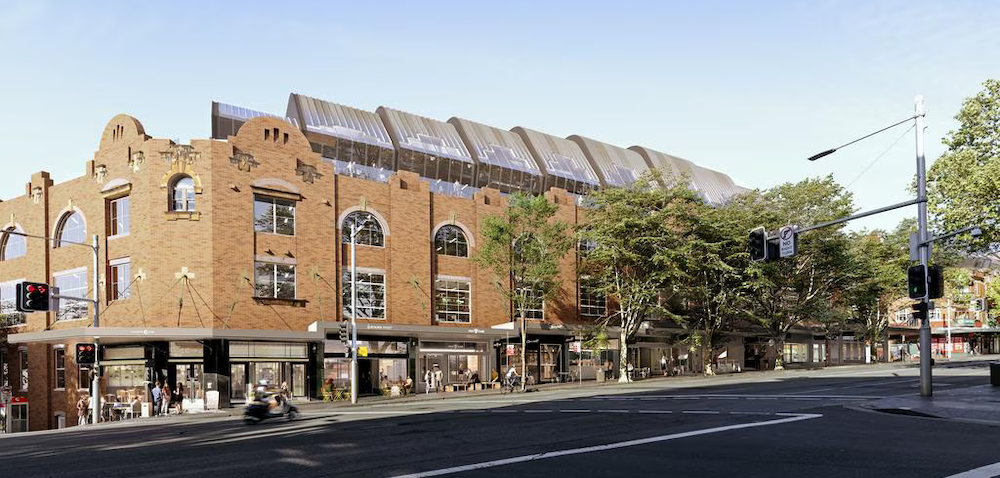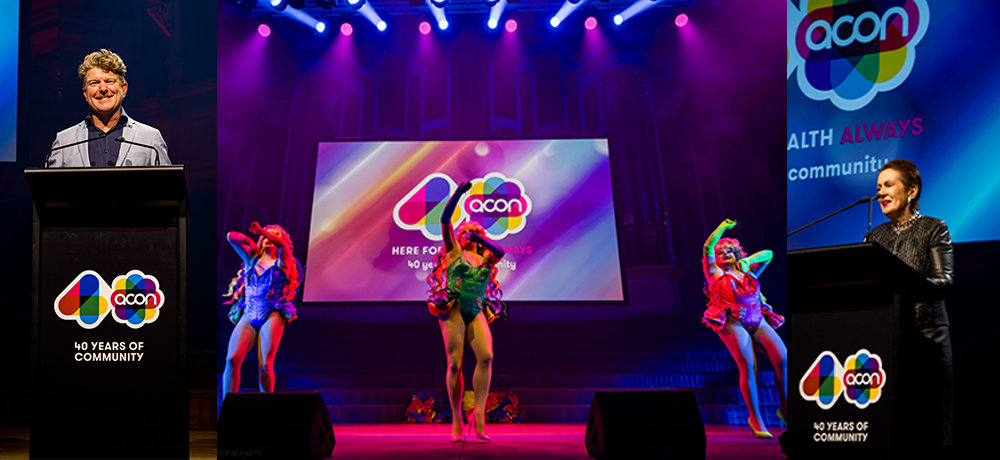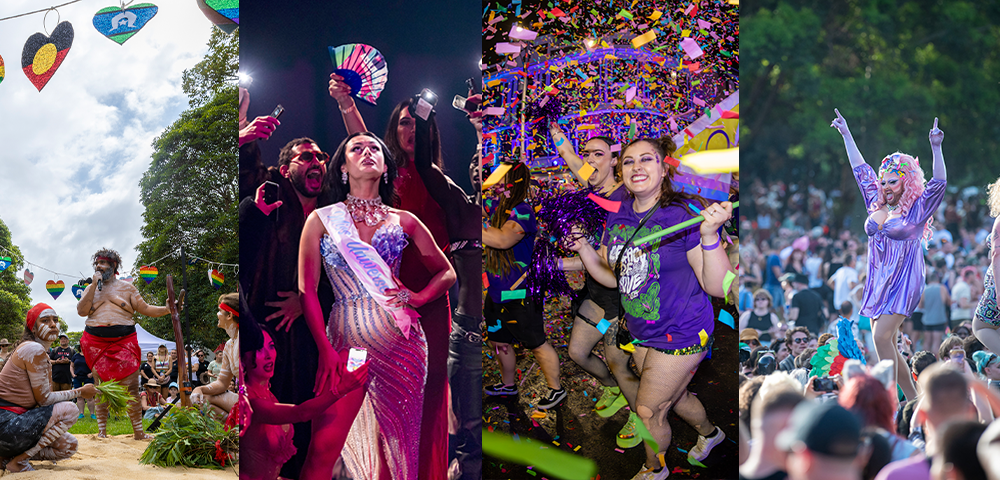
German retrospective
The diverse tradition of German gay and lesbian cinema is on display at the Chauvel Cinema this Mardi Gras season, offering an impressive array of representations of gay and lesbian life.
The retrospective covers the full history of German cinema, across the many facets of German life of the past century.
The films date back to early silent works, previously thought destroyed by the Nazis, through to the only film to document the lives of gay East Germans in the post-war era.
More contemporary depictions are also offered in a sample of the films of modern German directors.
Queer Screen and the Goethe Institut have arranged for celebrated German film historian Axel Schock to present each of the seven films playing as part of the retrospective.
To open the festival within a festival, Schock will present his own Out Im Kino, a compendium of gay and lesbian cinema covering nearly 90 years from both Germany and the world as seen through German eyes.
Few countries can claim the depth of historical challenges and tumultuous upsets for gay people like Germany, which Schock claims has produced some of the most positive and real depictions of gay people in cinema.
Unlike a lot of films coming out of Hollywood, the German films were probably the least to rely on clich? able to show what real gay and lesbian people were experiencing, Schock said.
The earliest of these features, Different From The Others, was not only considered to be the first gay feature, it may also have been among the first cinematic polemics.
Released in 1919, the film was made to highlight the personal effects of Germany’s Paragraph 175, which made homosexuality a punishable offence.
The film closes with a hand crossing out Paragraph 175 from an open law book.
Together with Michael (1924), they showcase the very early representations of German gay men, which Schock comments are sympathetic in comparison to those permitted in later eras.
Only a few decades later the Nazi party burned the copies. Gay films were not allowed openly in that era of Germany’s history, Schock said.
The feature was reconstructed from a partial copy uncovered in the Ukraine in the 1970s, with explanatory inter-titles and still photography to simulate the film’s original intent.
From another of Germany’s many guises, Coming Out documents East German gay life and premiered in East Berlin on 9 November 1989, the historic day the wall came down.
Legend has it the audience was informed of the events taking place outside, but chose to watch the film without interruption, a measure of the importance of the film in that space, according to Schock.
It had to be made with permission of the government, but it does not rely on clich?to show gay people, Schock said.
But German cinema’s once vibrant gay culture is now in decline as a result of smaller audiences for gay films and few funding options, according to Schock.
The last gay film festival in Berlin didn’t include any German films at all, he said.
Multi-award winning 1994 comedy Maybe Maybe Not, also showing in the festival, was among the last successful gay-themed films to come out of the country.
Although there are very good gay filmmakers in Germany, they will prefer to make a mainstream movie that will attract a higher budget and sell well.
Queer Kino will be showing at Chauvel Cinema from Friday 16 February to Wednesday 28 February. Tickets are available from MCA Tix on 1300 306 776 or from the Queer Screen website.









